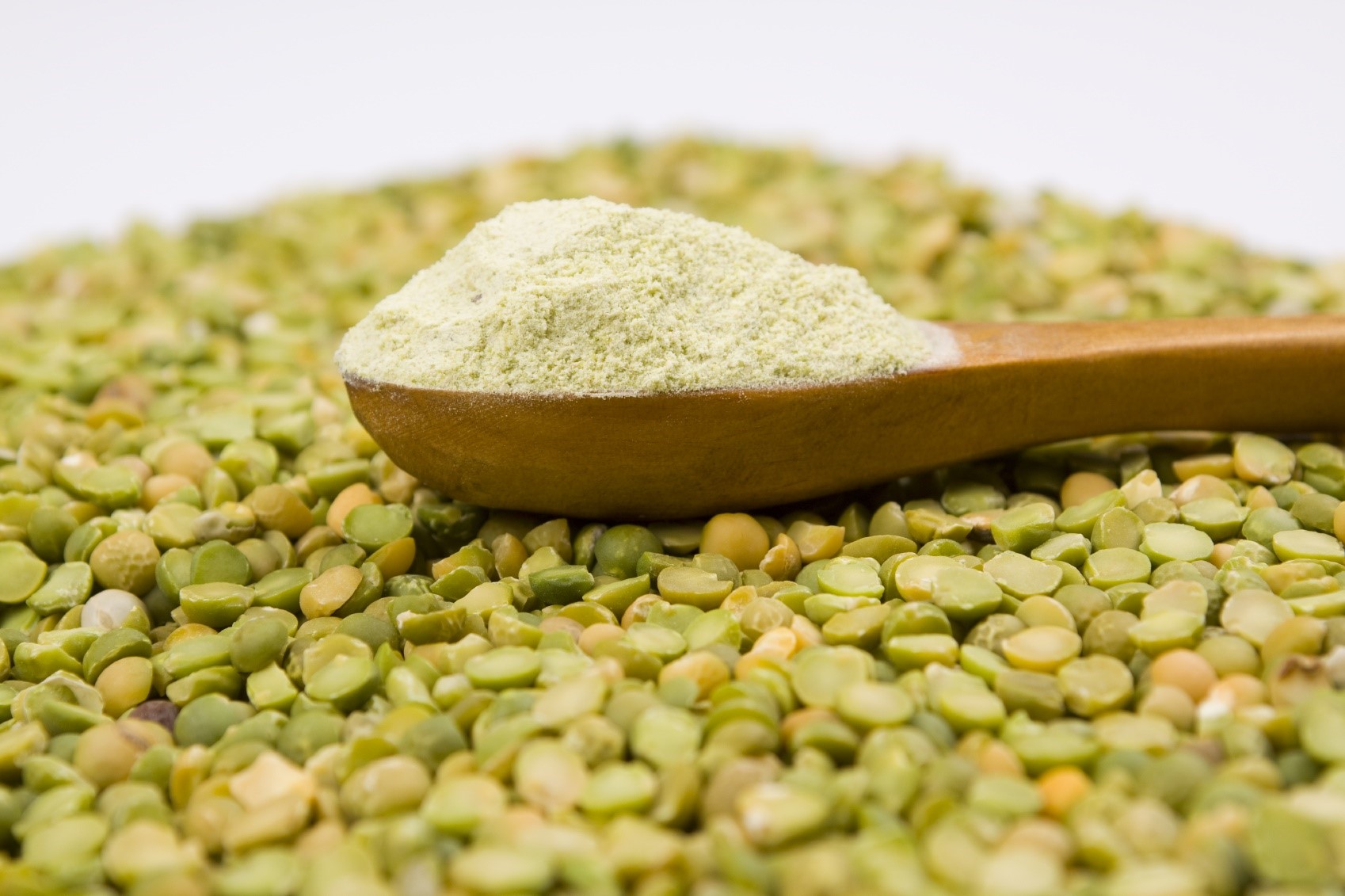Ensuring non-GMO and organic flour for bakers

By Surya Zeeb
Published: June 7, 2018
Category: The Organic & Non-GMO Report Newsletter, Non-GMO News
Consumers want their baked goods to be as honest and nutritious as their dairy, fruits, and vegetables—so they look for logos such as Certified Organic or Non-GMO Project Verified.
“The largest issue is meeting the requirements for those niche ingredients,” said Keith Smith of Cargill. Testing and verifying flour is essential, along with documentation from suppliers providing a sufficient paper trail.
Compliance depends on your market strategy and region, Smith said. Organic compliance means growers sourcing the grain according to USDA standards, millers producing certified organic flour, and bakers selling certified organic finished goods. Accredited Organic Certifying Agencies (ACAs) certify the flour from suppliers, not the USDA itself. The Non-GMO Project is the primary certifying agency ensuring minimal GMOs.
Mark Stavro, global marketing director with Bunge North America, says Bunge considers each point in the supply chain, working with third party testing to ensure delivery of a scalable source of certified ingredients. Cargill uses a KnownOrigins identity preservation protocol to ensure non-GMO status—especially important for corn, as 90 percent of U.S.-Canadian corn comes from GM seed.
“From grower to miller, supplier, transporter, baker and end user, it’s important to create partners throughout the supply chain to ensure that organic product is handled and delivered properly every step of the way,” said Patrick Hart, specialty grain merchant with Ardent Mills.
Source: World Grain
To view full article, visit:




